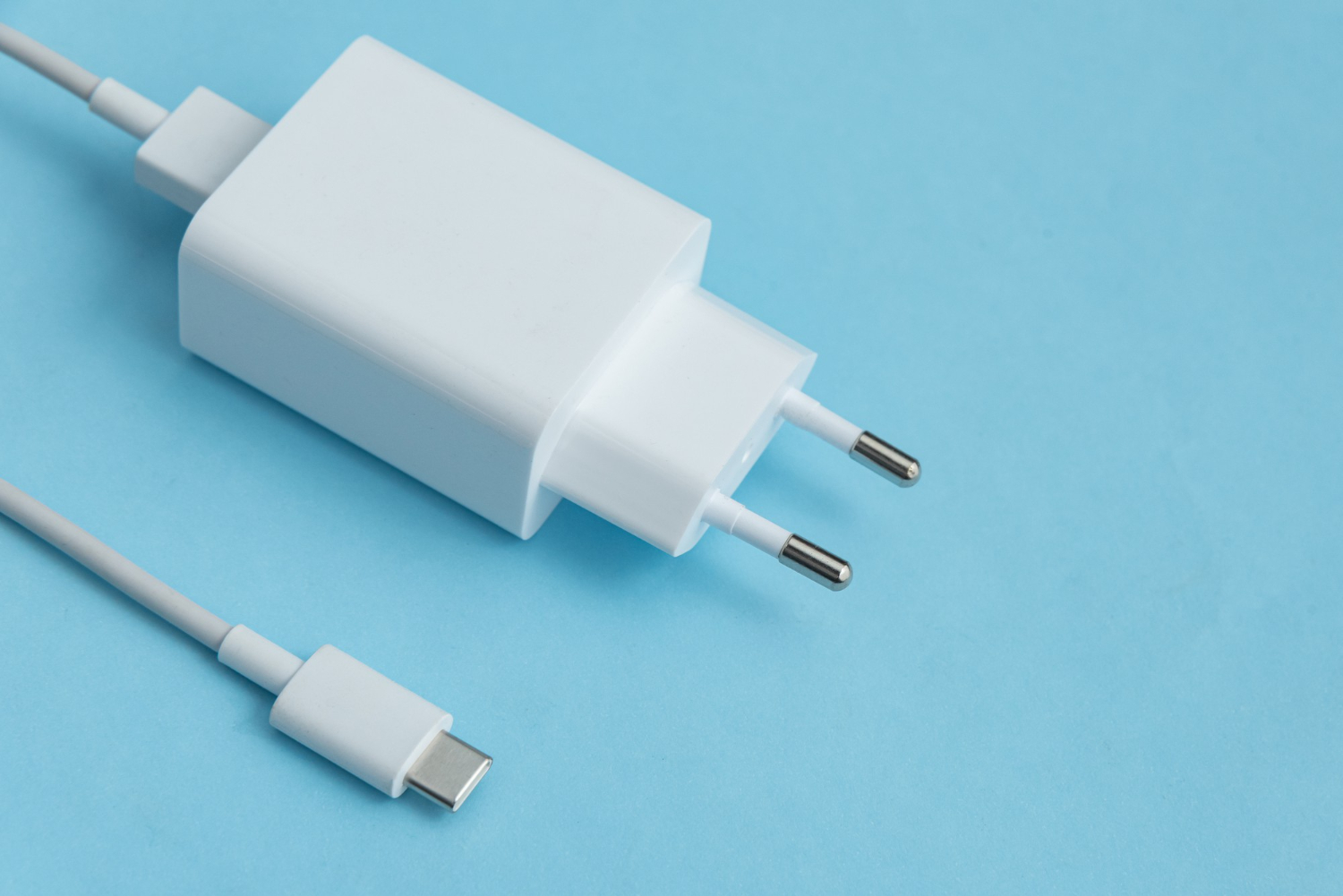You’ve spent years paying down your mortgage and watching your home’s value rise. Now you’ve got equity—but what do you do with it? For many homeowners, a home equity loan is a smart way to tap into that built-up value. If you live in the Gulf South and prefer to work with a regional bank that knows your community, Hancock Whitney might already be on your radar.
In this article, we’ll explore how Hancock Whitney’s home equity loan works, who it’s best for, what to watch out for, and whether it’s the right move for your goals. Let’s break it down in plain English.
What Is a Home Equity Loan and How Does It Work?
A home equity loan lets you borrow a lump sum of money based on how much equity you have in your home. Equity is simply the difference between your home’s market value and what you still owe on the mortgage.
Once approved, you’ll get the money all at once and repay it over a fixed term—usually 5 to 15 years—at a fixed interest rate. That means monthly payments stay the same, which is great for budgeting. This is different from a HELOC (home equity line of credit), which works more like a credit card.
Hancock Whitney Home Equity Loan
The short answer? It depends on your financial situation and what you plan to do with the money. A Hancock Whitney home equity loan is a lump-sum loan secured by your home. That means you’re borrowing against your home’s value, and the bank offers you cash upfront to use however you need.
The biggest perks? Fixed rates, predictable monthly payments, and a bank that offers personalized service. But like any loan, it comes with risks—mainly, your home is on the line if you can’t repay. So before jumping in, it’s important to understand the details.
What Makes Hancock Whitney’s Home Equity Loan Stand Out?
Hancock Whitney is a regional bank with deep roots in the Gulf South—think Louisiana, Mississippi, Texas, and Florida. Customers like that it’s big enough to offer modern financial tools, but still small enough to care.
With their home equity loan, you can expect:
- Competitive fixed interest rates
- No application or origination fees in some cases
- Local service and in-branch support
- Multiple loan term options to fit your budget
If you’re looking for personalized help instead of one-size-fits-all financing, Hancock Whitney has a reputation for delivering just that.
Reasons People Use a Home Equity Loan
You can use a home equity loan for just about anything—but that doesn’t mean you should. Here are some common (and smart) uses:
- Home renovations: Update kitchens, bathrooms, or add square footage
- Debt consolidation: Pay off high-interest credit cards or personal loans
- College tuition: Help cover educational expenses
- Emergency medical bills: When insurance doesn’t cut it
- Small business funding: Use equity to invest in yourself
Since you’re putting your home on the line, it’s wise to use the money for things that increase value or improve your financial health.
The Pros and Cons of Choosing Hancock Whitney
Pros:
- Fixed interest rates give you payment stability
- Easy application process, online or in-person
- Local decision-making often means quicker approvals
- Strong customer service reputation
Cons:
- Limited availability—not nationwide
- Rates may vary depending on credit and location
- You must have enough equity in your home to qualify
Like any bank, Hancock Whitney isn’t perfect—but for homeowners in the South, it could be a solid choice.
How to Apply for a Hancock Whitney Home Equity Loan
Here’s what to expect if you decide to apply:
- Start online at HancockWhitney.com or visit a branch
- Gather documents: recent mortgage statement, income proof, ID, property details
- Submit application online or with a loan officer
- Home appraisal may be required to verify value
- Once approved, review terms, sign papers, and receive your funds
From start to finish, the process usually takes anywhere from 1 to 3 weeks, depending on appraisal timing and paperwork.
Who Should (and Shouldn’t) Consider a Home Equity Loan?
A home equity loan could be a great fit if:
- You have at least 20% equity in your home
- You want a lump sum for a big project
- You prefer fixed monthly payments over variable ones
- You plan to stay in your home for a while
It might not be for you if:
- Your income is unstable
- You’re planning to move soon
- You’re uncomfortable using your home as collateral
- You want more flexible access to cash (then a HELOC may be better)
Alternatives to Consider Before Borrowing
Not sure a home equity loan is your best bet? Here are a few other options worth exploring:
- HELOC (Home Equity Line of Credit): Offers flexible access to funds with variable rates
- Personal loan: No collateral required, but may have higher interest rates
- Cash-out refinance: Replace your current mortgage with a new one and take cash from the equity
- 0% APR credit cards: Good for smaller expenses with quick payoff plans
Each option has pros and cons, so it really depends on your goals and comfort level with risk.
Final Thoughts
If you have equity in your home and a clear plan for how you’ll use the money, a Hancock Whitney home equity loan could be a smart, affordable option. It offers predictable payments, local service, and flexible terms.
But remember—this isn’t free money. Your home is on the line. So whether you’re funding a remodel, paying for college, or consolidating debt, make sure you borrow responsibly and understand the terms.
Talk to a Hancock Whitney loan officer, compare quotes, and see if this loan truly fits your financial game plan. When used wisely, tapping into your home’s equity can be a powerful tool.
FAQs
What’s the minimum credit score to get a home equity loan?
Most lenders—including Hancock Whitney—typically look for a credit score of 620 or higher. The better your score, the lower your interest rate. A score above 700 is ideal.
Does Hancock Whitney give loans?
Yes. Hancock Whitney offers a variety of lending options including personal loans, mortgages, home equity loans, HELOCs, and business loans.
Is it difficult to get approved for a home equity loan?
Approval depends on your credit score, income, debt-to-income ratio, and how much equity you have in your home. Having 20% or more equity and a good payment history helps a lot.
Who is the best company for a home equity loan?
It depends on your needs. Hancock Whitney is a solid choice if you want local service and live in their coverage area. For lower rates or national access, you may also want to compare offers from banks like Chase, Discover, or credit unions.







